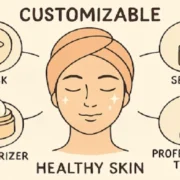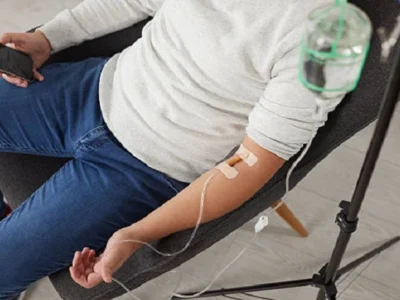Starting your alcohol recovery journey is difficult without proper guidance and support. A majority of people are even afraid to ask for help since their knowledge of alcohol addiction treatment is limited. Also, misconceptions about the treatment programs and their durations often discourage people from getting proper medical resolution.
If you are worried that your alcohol recovery journey may keep you isolated from your loved ones for months, you are mistaken. Even though alcohol recovery is an ongoing process, it does not mean you need to spend the rest of your days in solitude. If you check out an alcohol rehab in Colorado or wherever you live and talk to the experts, you will find out how long your rehabilitation program may take.
Alcohol Detox Duration
If your healthcare provider has recommended alcohol detox for your recovery journey, you should do it under expert guidelines at an inpatient level of care. Due to the unpredictable and sometimes fatal consequences of alcohol withdrawal, you need to spend at least the first 24 hours of the detox program at a medical facility. The length of the detox program depends on the following factors:
- How long you have been drinking alcohol
- How much alcohol have you been consuming
- The last time you consumed alcohol
- Whether you have been engaging in engaging in other substance misuse along with alcohol consumption
- Whether you have encountered severe alcohol withdrawal in the past
The length of your alcohol detox program is determined based on the factors above. It varies accordingly for every individual.
Inpatient Alcohol Rehab Duration
The average length of stay for alcohol addiction treatment at an inpatient treatment center is thirty days. However, the length of the rehab is generally determined by the patient’s progress over the first month. In most cases, the patient can still attend the treatment facility for further therapy and support but no longer stay there after completing thirty days.
According to experts, thirty to ninety days are sufficient to address the significant concerns of alcohol abuse in a person. Usually, thirty days are enough for a person to go through detox and get past the withdrawal symptoms. However, in some cases, the patient may require a period of hospital resident treatment.
Also, it is important to note that inpatient care is more expensive than outpatient treatment. Some insurance companies set limits on inpatient care. For instance, some may only pay for outpatient care, while others limit inpatient care to particular circumstances.
Outpatient Alcohol Rehab Duration
In an outpatient alcohol rehab, you receive almost similar forms of treatment as inpatient therapy. However, there are some major differences in the way these two rehab programs operate. Patients return to their homes at night after the day’s treatment session. The rehab program’s length generally depends on the severity of your condition and how you respond to the treatment. In outpatient treatment, there are three different levels of care:
1. Standard Outpatient Programs
This treatment program is less intense than other types of outpatient programs. The patient must meet with the healthcare provider for a few hours per week.
2. Intensive Outpatient Programs (IOPs)
An intensive outpatient program requires the patient to meet several days every week. Based on the severity of your alcohol addiction and your recovery progress, you will need to spend around 9 to 20 hours a week for this level of outpatient treatment.
3. Partial Hospitalization Programs (PHPs)
Also referred to as “day treatment,” partial hospitalization programs generally require a minimum of 20 hours of treatment at the facility. This structured outpatient program is designed for people who need more intensive treatment than IOPs but are not as critical as the patients in inpatient programs.
As mentioned, a patient’s complete length of stay in these outpatient programs varies depending on individual factors and their progress. Also, your healthcare provider may transfer you between various levels of care based on your treatment needs.
Wrapping Up
If you are ready to begin your recovery journey, you should consult a healthcare provider first. The professional expert can assess your condition and recommend the ideal level of treatment and care for you. They may also be able to tell you how long your recovery may take and how you should navigate through the treatment process.
Revive Fitness Routine with These Proven Tips










Comments